
The most widely used natural fiber in the world, cotton is a shrub from the Malvaceae family, cultivated in more than 90 countries, including Brazil, the United States, Pakistan, and Australia. The most popular species, Gossypium hirsutum and Gossypium barbadense, have adapted well to warm locations with fertile soil. Before reaching the global textile industry, Brazilian cotton undergoes a production cycle of approximately 160 days between planting and baling.

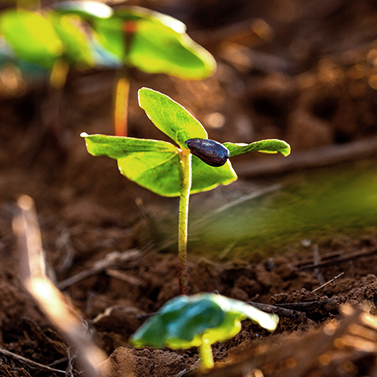
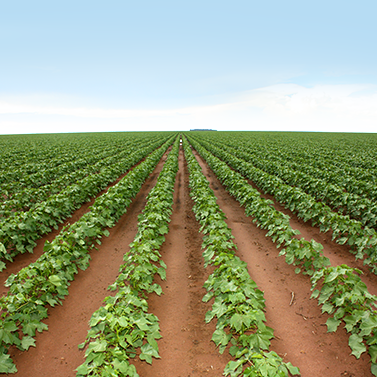
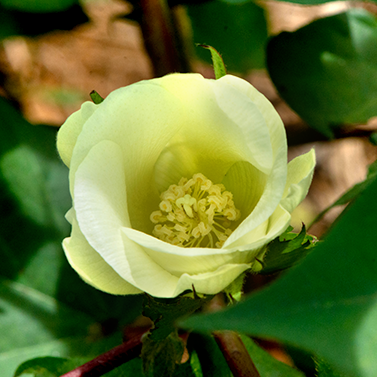
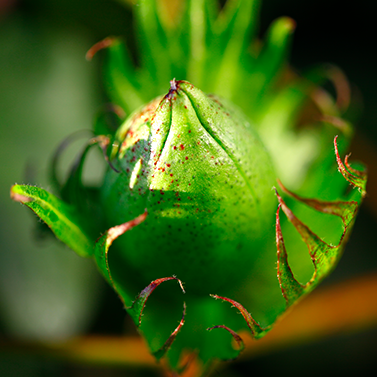
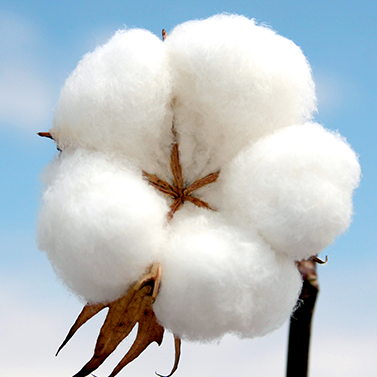
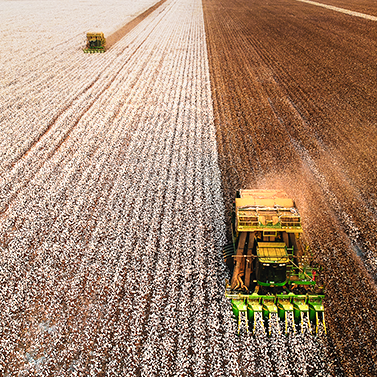
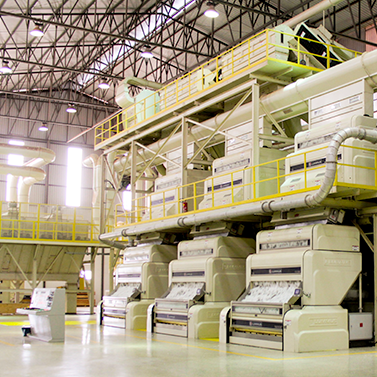

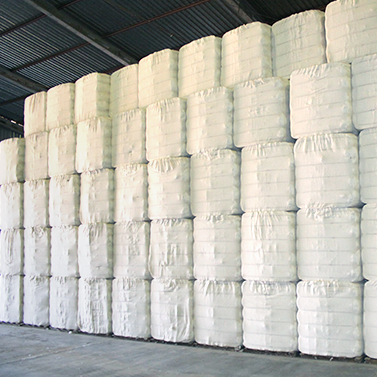
The cotton fiber is white and develops around the seed of the cotton plant, while other parts of the plant are utilized in various industries. This valuable raw material is present in our daily lives in various ways, bringing benefits and promoting more sustainable consumption habits.

Cotton is a natural, renewable, and biodegradable fiber, making it a more sustainable choice compared to petroleum-based synthetic materials.

Cotton is known for its softness and comfort, providing a pleasant sensory experience. As a natural fiber, it allows the skin to breathe, ensuring optimal comfort during wear.

Cotton is an extremely versatile fiber used in a wide range of products, from clothing, bedding, and towels, to medical and personal hygiene items. Additionally, it adapts to all climates.

Cotton fibers are highly durable. Products tend to withstand frequent use and wear, maintaining their structural integrity for a long time.

Cotton is an ideal choice for people with sensitive skin or allergies, as it is less likely to cause irritation or allergic reactions compared to synthetic materials.

Cotton has the ability to absorb moisture from the body, helping keep it dry and comfortable. This makes it a popular choice for sportswear, underwear, and bath items.

Among the main fibers used in fabric and clothing production, cotton is one of the fibers with the shortest decomposition time in nature.
The cotton plant is so important that all of its parts are utilized. During harvest, 41% consists of fiber, 54% of seed, and the rest is residual. This means that, in addition to clothing the world, cotton also generates raw materials for many other products you might not even imagine!